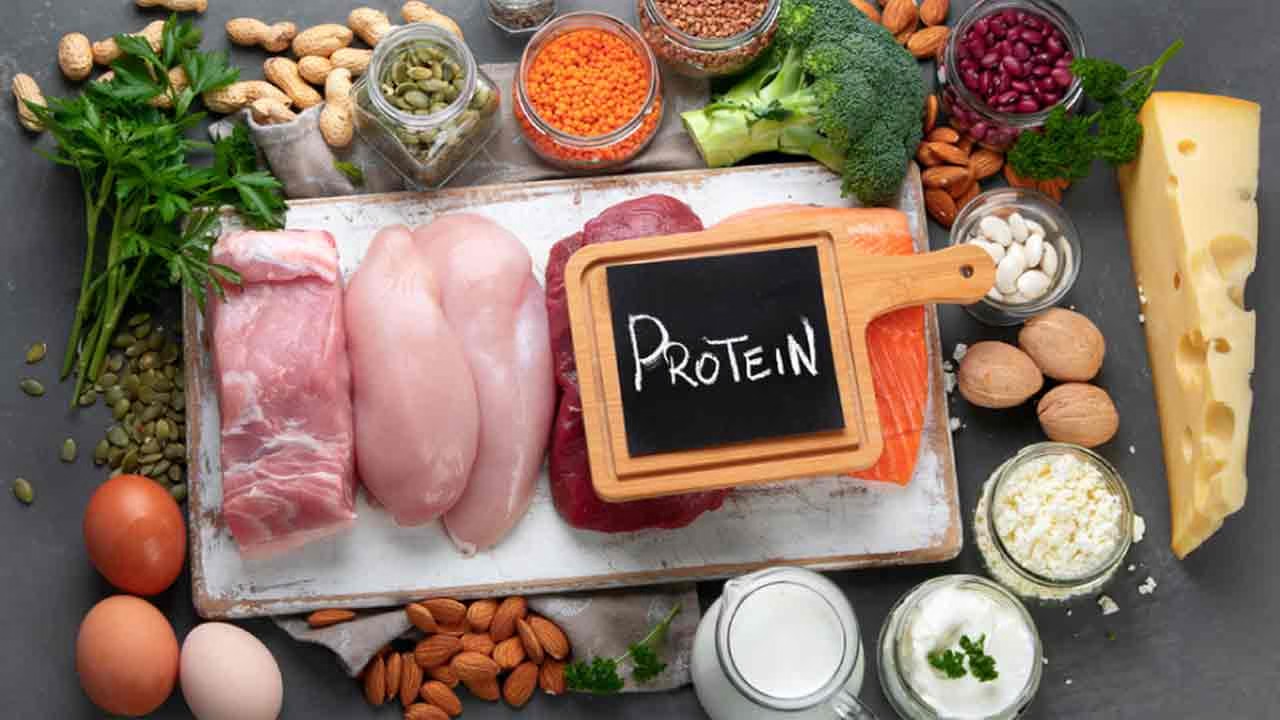High-protein foods are often marketed as the ultimate solution for muscle building and fitness. With claims of promoting strength and flexibility, these items have gained immense popularity among health-conscious consumers. However, a recent study has uncovered surprising findings about the nutritional value of these products, suggesting that they may not be as healthy as they appear.
This article delves into the study’s revelations, exploring the hidden health risks associated with high-protein foods and why consumers need to scrutinize their choices.
The Study: A Closer Look at High-Protein Foods
Researchers reviewed 561 high-protein food products, including plant-based meat alternatives (68.2%), snack bars (35.3%), and high-protein yogurts or sweetened dairy products (21.3%). Their analysis revealed startling facts about the ingredients and nutritional profiles of these foods:
- Only 1 in 10 Products Were Truly Healthy: The study found that a mere 10% of the items examined met the criteria for being genuinely healthy.
- High Levels of Sugar and Saturated Fats: Over a quarter of the products contained excessive amounts of sugar and saturated fats, raising concerns about their impact on long-term health.
- Artificial Sweeteners: Approximately 20% of the items were found to contain artificial sweeteners, which are often used as a substitute for sugar but come with their own set of health risks.
The Protein Health Halo: A Misleading Perception
The study highlighted a critical misconception among consumers: foods labeled as high in protein are often perceived as inherently healthy. This assumption, according to scientists, is flawed. While protein is essential for muscle repair and overall health, the presence of other ingredients, such as sugars, fats, and artificial additives, can negate the perceived benefits.
“Consumers are likely unaware of the health effects of other ingredients in these foods,” the researchers stated, emphasizing the need for greater awareness and informed decision-making.
Hidden Risks of High-Protein Foods
- Weight Gain: Despite their health-focused marketing, many high-protein foods are calorie-dense due to added sugars and fats. Regular consumption can lead to unintentional weight gain.
- Artificial Additives: The inclusion of artificial sweeteners and preservatives may have adverse effects on metabolism and gut health, potentially leading to long-term health issues.
- Lack of Nutritional Balance: Many of these products focus on protein content at the expense of other essential nutrients, such as fiber, vitamins, and minerals.
Plant-Based Meat Alternatives: A Growing Concern
Plant-based meat alternatives made up the largest portion (68.2%) of the products analyzed. While these items are often seen as healthier options, the study found that many of them are highly processed and contain significant amounts of sodium and saturated fats.
For instance, some plant-based burgers and sausages have calorie and fat contents comparable to or even exceeding those of their traditional meat counterparts. This highlights the importance of checking labels and opting for minimally processed options.
Snack Bars: Convenient but Not Always Healthy
Snack bars, which accounted for 35.3% of the products, are another popular category of high-protein foods. While convenient and portable, many of these bars are loaded with sugar, artificial flavors, and preservatives, making them more akin to candy bars than health foods.
High-Protein Yogurts: Sweetened Surprises
High-protein yogurts and sweetened dairy products (21.3%) were also found to be culprits in misleading consumers. These products often contain added sugars to enhance taste, negating the health benefits of their protein content.
Tips for Making Healthier Choices
To avoid falling into the trap of misleading marketing, consider the following tips when choosing high-protein foods:
- Read the Labels: Look beyond the protein content and check for added sugars, saturated fats, and artificial additives.
- Choose Whole Foods: Opt for natural protein sources like eggs, nuts, seeds, lean meats, and legumes.
- Limit Processed Foods: Minimize the consumption of highly processed high-protein items and choose minimally processed alternatives.
- Balance Your Diet: Focus on a balanced diet that includes a variety of nutrients, rather than relying solely on high-protein products.
While high-protein foods can be a convenient way to boost protein intake, the study reveals that many of these products come with hidden health risks. From added sugars to artificial additives, the nutritional profiles of these items often fail to live up to their healthy claims.
As consumers, it is essential to make informed choices and prioritize whole, minimally processed foods for optimal health. By doing so, we can avoid the pitfalls of misleading marketing and ensure that our dietary choices truly support our fitness and wellness goals.



